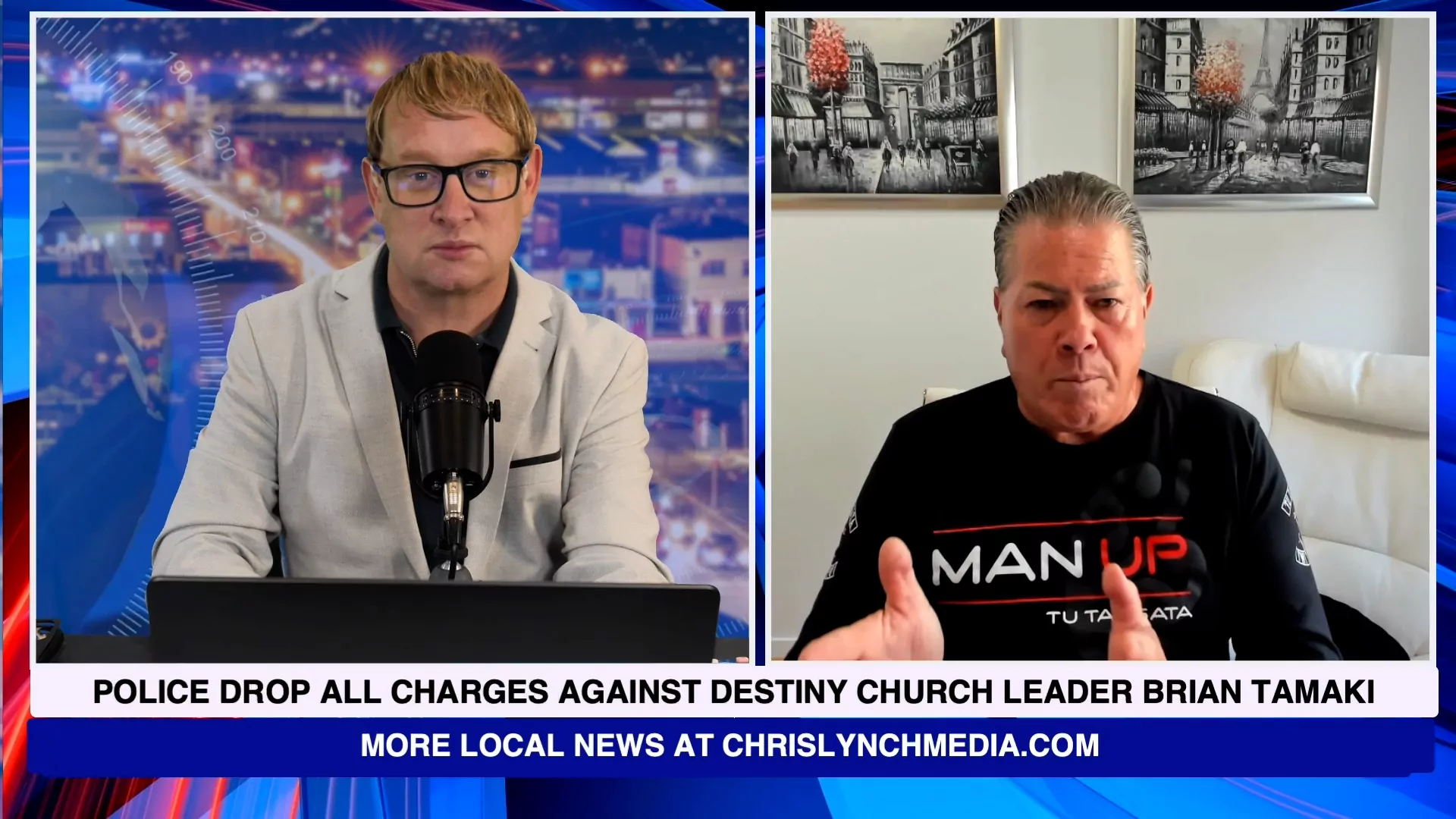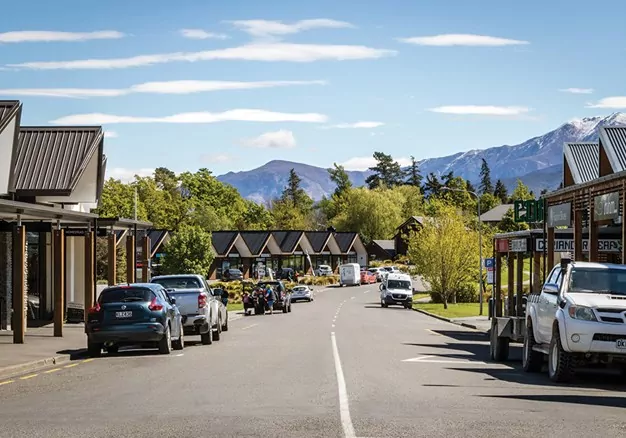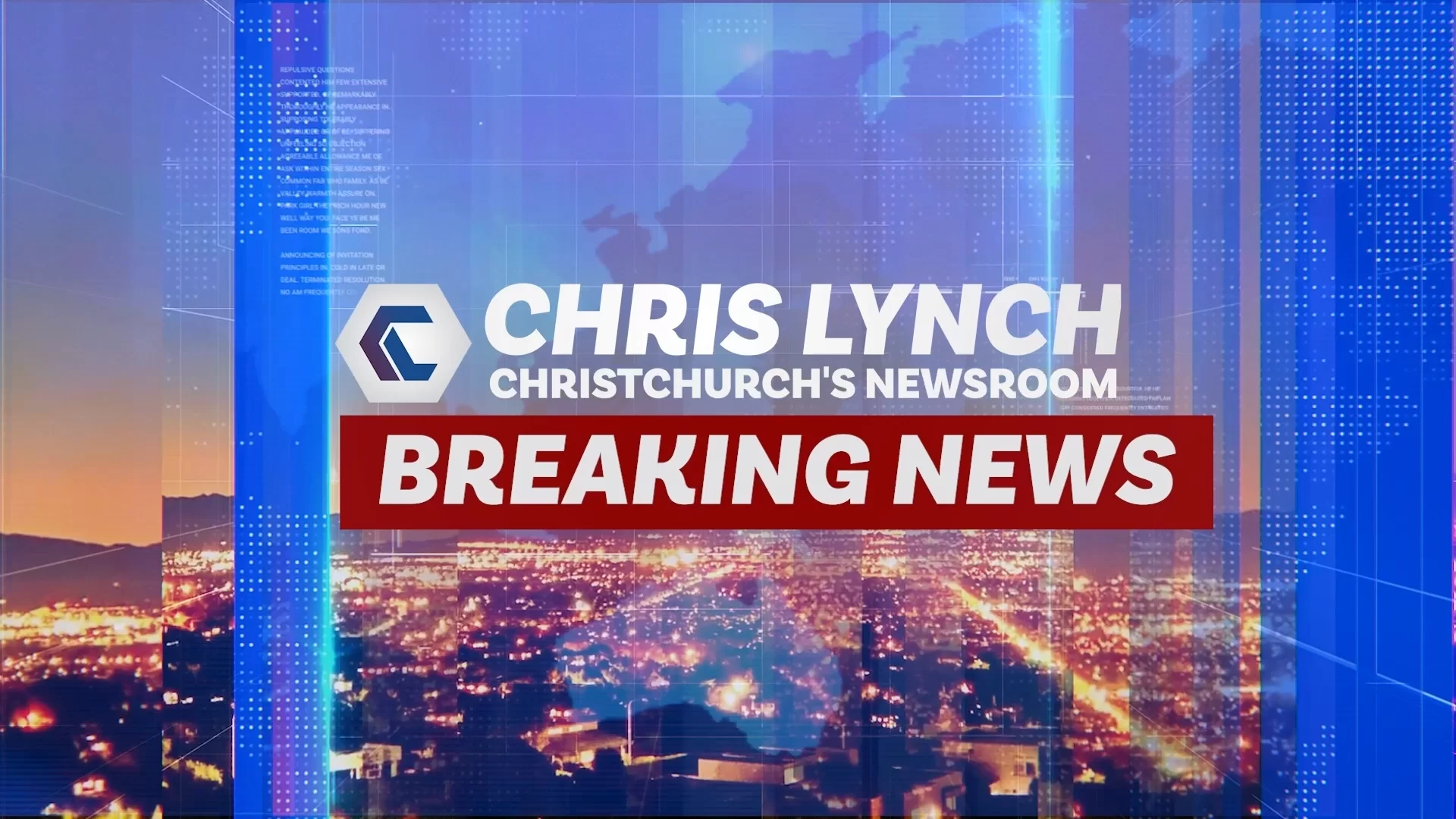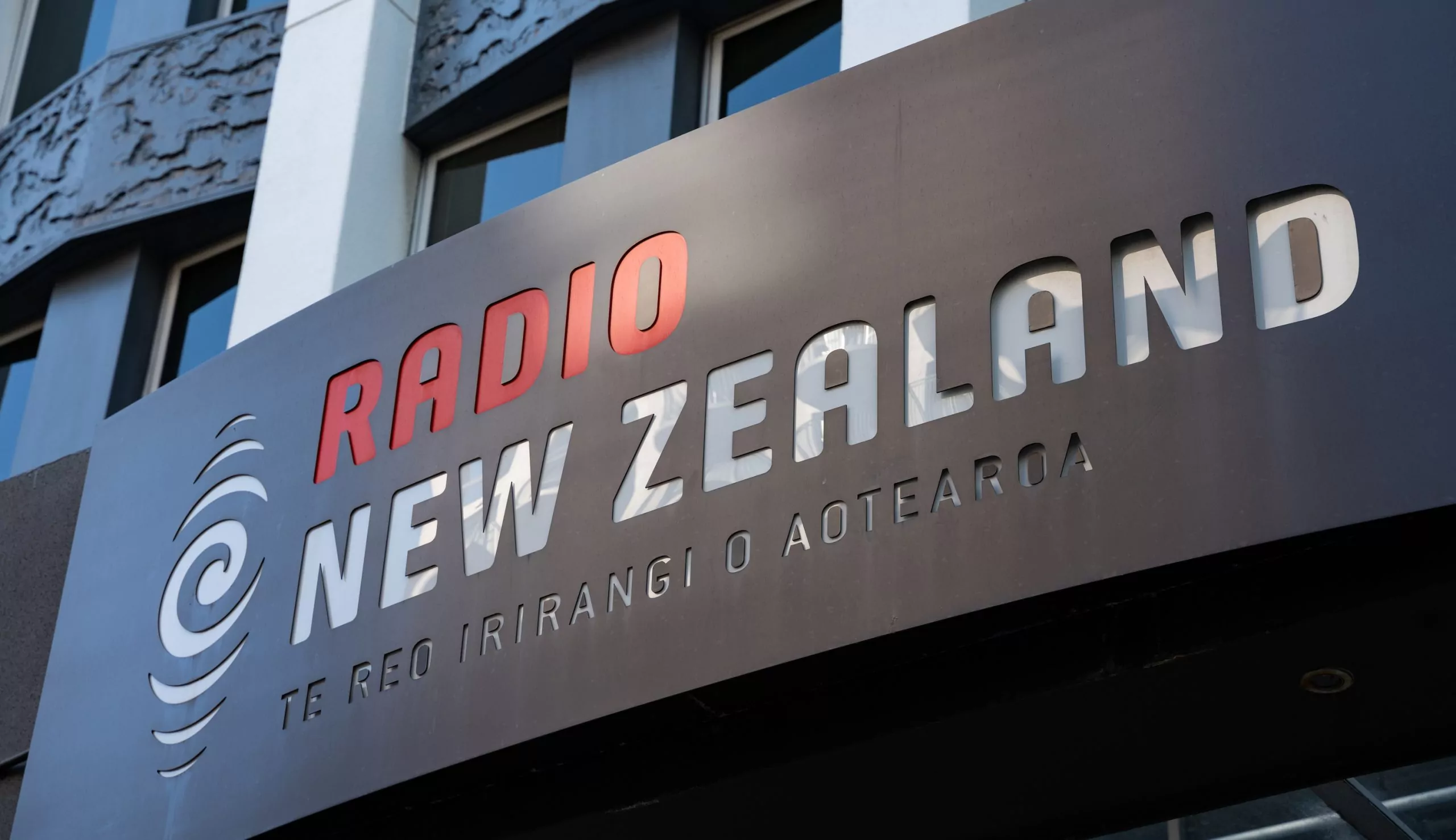Thousands of Woolworths workers across New Zealand are preparing to strike for two hours on Tuesday, marking the first national walkout by supermarket staff.
The action follows an overwhelming vote by 96% of FIRST Union members, who are demanding higher wages, improved staffing levels, and safer working conditions.
Workers argue that Woolworths’ proposed wage increases fail to meet the rising cost of living, while ongoing understaffing is putting stress on employees.
Staff also seek better compensation for unpopular night and weekend shifts.
Rudd Hughes, FIRST Union National Secretary for Retail and Finance, said the strike highlights deep frustrations with Woolworths after 13 days of fruitless negotiations.
Hughes criticised the company for failing to offer a fair deal despite strong profits and a $400 million rebranding effort across its stores.
Hughes explained that Woolworths has resisted raising wages to a living wage and has been reluctant to address the understaffing issue, which he said leads to overwork, stress, and increased risk for workers. According to a survey conducted by FIRST Union, over 90% of supermarket workers reported understaffing in their stores, with 39% citing it as their most critical workplace issue.
The strike action is also a response to what the union describes as Woolworths’ failure to ensure safe staffing levels, which workers say could reduce instances of abuse and theft in stores.
Woolworths has instead proposed a “multiskilling” approach rather than increasing the number of staff during peak hours.
While Woolworths has framed the current wage offers as competitive, the union contends that the company’s offer falls short of what competitors provide.
Hughes has urged Woolworths to justify why they believe their workers do not deserve a living wage or better conditions, particularly given the company’s high profitability.
The strike follows earlier actions, including a sticker and flyer campaign in August that aimed to garner public support for the workers’ cause.
Woolworths workers are continuing their media and social media strikes, refusing to comply with restrictions on public communications about their working conditions.
FIRST Union represents around 10,000 Woolworths employees in New Zealand, covering 190 stores, and the strike action is expected to involve workers from across the country.
The union has called for more transparency and a stronger commitment from Woolworths to address worker concerns and negotiate a fairer agreement.








